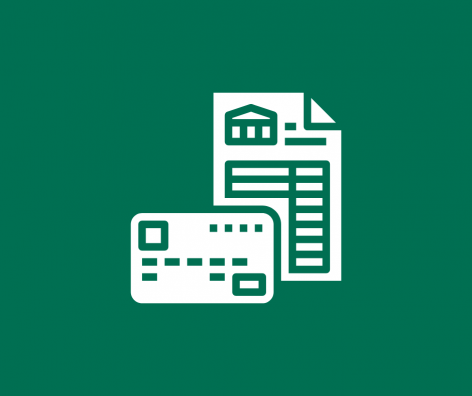AuthorPeter Oakes is an experienced anti-financial crime, fintech and board director professional. Archives
January 2025
Categories
All
|
Back to Blog
The Bank of Lithuania (the Lithuanian central bank) (BoL) has issued its position paper on the right of electronic money institutions (EMIs) and payment institutions (PIs) to access bank accounts. You can download the position paper here.
Releasing the position paper, Jekaterina Govina, Director of the Supervision Service of the BoL said: “We hope that this position, agreed on with all market participants, will provide more clarity and help fintechs operate more smoothly as well as allow banks to improve their cooperation with such companies, while maintaining high risk management standards". Whilst the position paper is not an official interpretation of legislation, it is issued to support the right of institutions to access bank accounts opened with credit institutions and being necessary for their activities as stipulated in Article 10 of the Republic of Lithuania Law on Payments. Thus although the institutions have the right to apply to a credit institution for, for example, the opening of a payment account, there is no legal obligation on a credit institution to open said account for the institution. The position paper seeks to draw the attention of banks operating in Lithuania to the fact that some of their decisions regarding rejection to open accounts and/or unilaterally closing them, and/or applying restrictions on their access may cause negative consequences for EMIs/PIs and limit their licensed activities. The BoL notes that such decisions are often based on banks’ goal to properly manage the risk of money laundering and/or terrorist financing. The position paper doesn't seek to supplant banks' risk based decisions about which EMIs/PIs that they are prepared to give accounts to and to keep operating. This is rightly understandable especially noting that some banks may be concerned that the regulator has recently fined Lithuanian EMIs/PIs for various failures, including money laundering compliance. If you are a bank and you are processing payments for an EMI/PI, providing safeguarding for the EMI's/PI's clients and/or holding the EMI's/PI's ' corporate money and you have valid concerns about their compliance, you might ask yourself would it be wise to service this industry? Recent examples of fines against EMIs/PIs include:
Anyway, getting back to the position paper, it aims to ensure that while banks manage their own risks, banks do not violate the right of EMIs/PIs to have accounts with credit institutions and to access them. The specific type of accounts referenced in the position paper are:
A question we have, and we are sure many bank executives will be vexed by is: "How does a bank reconcile not only the desire of the BoL but at the same time protect its reputation, its shareholders and most importantly the financial system from financial crime?" An obvious starting point is to avoid the mindset that despite a particular financial sector being considered risker, it is OK to apply a carte blanche policy of refusing to provide players within that sector an account (or terminate their account). As the BoL puts it "banks must comply with the principles of objectivity, non-discrimination and proportionality in respect to EMIs/PIs, i.e. to ensure that their decisions and other actions relating to the opening (or closing) of accounts are impartial and objective". Or in other words (actually the words of the BoL) banks should ensure that:
are applied only after having assessed the circumstances relevant in a specific case and only when it is impossible to apply other risk management and mitigation measures. Yet we wonder, noting that the Lithuanian National Risk Assessment for Money Laundering and Terrorist Financing (released 28 May 2020) (LNRA) places payments/electronic money in the third highest category (of eight categories) for money laundering and terrorist financing threat and vulnerability, how quickly banks will not only adopt the BoL position paper but demonstrably work towards achieving the desired outcome? You can download the LNRA here. The position paper will no doubt be warmly welcomed by the 71 Electronic Money Institutions and 45 Payment Institutions which operate in Lithuania as at 25 May 2020. According to the Bank of Lithuania, the country ranks first in continental Europe in terms of licensed EMIs. This blog written by Peter Oakes. Peter advises on Lithuanian EMI/PI issues and advised on the authorisation of one Lithuania's first special bank authorisations. If you require a licence to operate in Lithuania, Ireland, Cyprus, Malta or the UK, see our Authorisation Page. We have a great network of experts in each country too, from lawyers, to accountants to technical experts. And get in contact if you have a question about this blog.
0 Comments
Read More
Leave a Reply. |
© CompliReg.com Dublin 2, Ireland ph +353 1 639 2971
| www.complireg.com | officeATcomplireg.com [replace AT with @]
| www.complireg.com | officeATcomplireg.com [replace AT with @]


